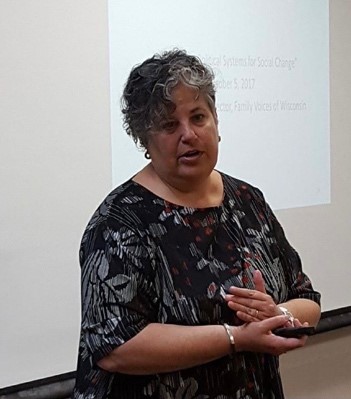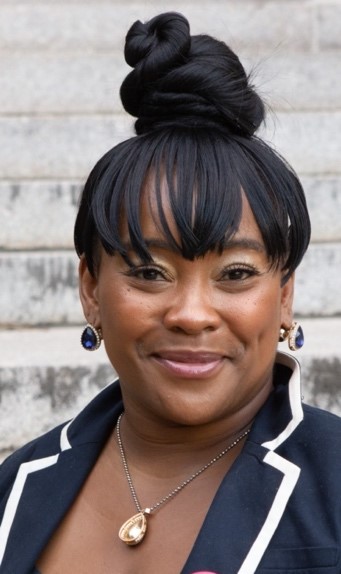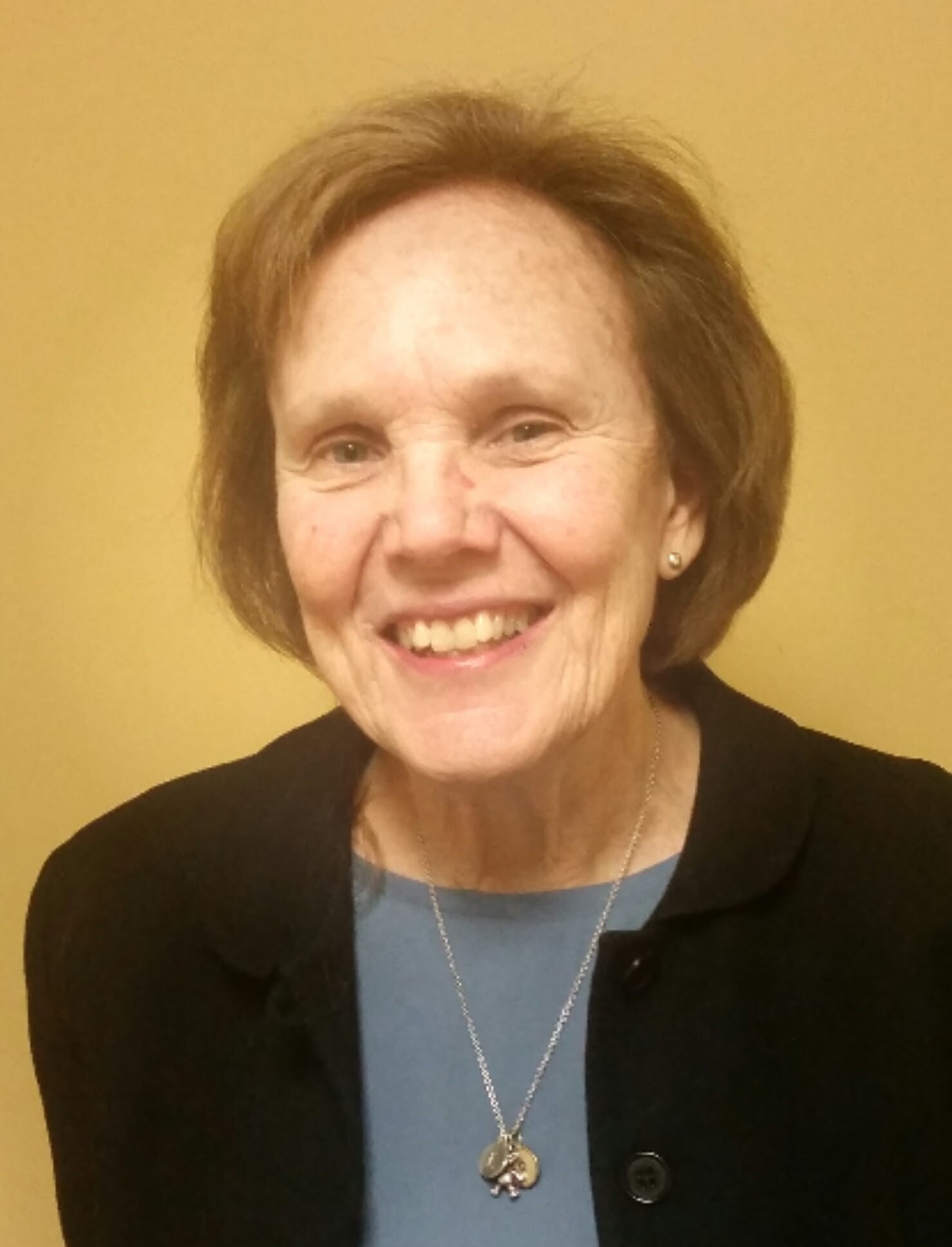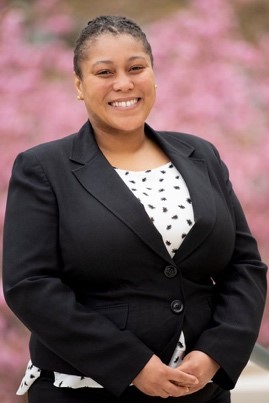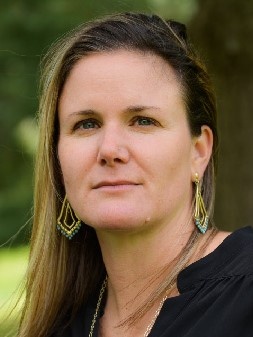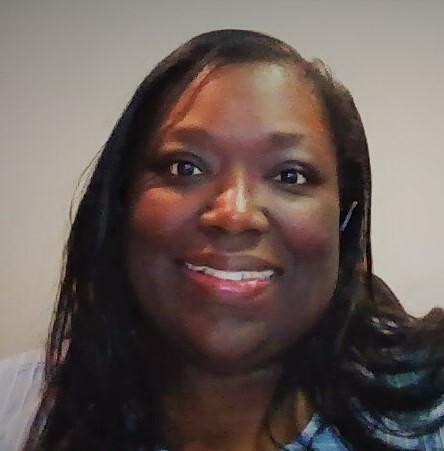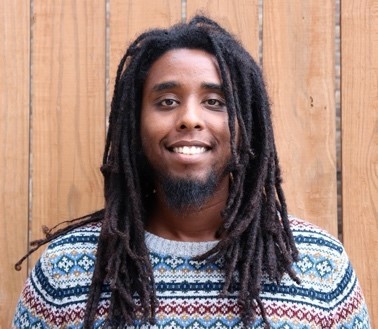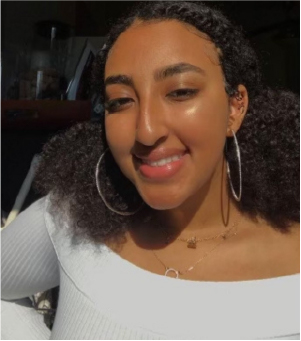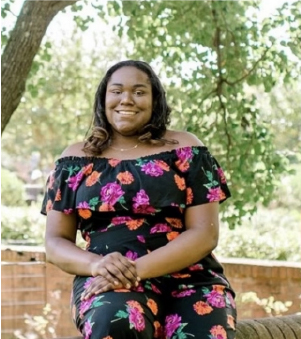ACE Kids Act Introduced in the House and Senate
During the last Congress, the Advancing Care for Exceptional Kids Act (ACE Kids Act) was passed by the House as part of a larger bill, but did not make it to the Senate. Since it is a new Congress, all legislation must be reintroduced. On February 4, Senators Chuck Grassley (R-IA) and Michael Bennet (D-CO) introduced the Advancing Care for Exceptional Kids Act of 2019 (S. 317), and have since been joined by cosponsors from both sides of the aisle — Senators Rob Portman (R-OH), Roy Blunt (R-MO), Cory Gardner (R-CO), Patty Murray (D-WA), John Boozman (R-AR), Marsha Blackburn (R-TN), and Cindy Hyde-Smith (R-MS). The bill has been referred to the Senate Finance Committee. On February 14, Representative Kathy Castor (D-FL), joined by Reps. Gus Bilirakis (R-FL), Jaime Herrera Beutler (R-WA), and Anna Eshoo (D-CA), introduced a substantially identical bill (H.R. 1226), subsequently cosponsored by Rep. Joe Neguse (D-CO). The House bill has been referred to the Energy & Commerce Committee. No doubt both bills will eventually have more cosponsors. The ACE Kids Act would amend Medicaid law to let states provide coordinated care for children with complex medical conditions through a health home, and would facilitate the provision of care across state lines. See the Children’s Hospital Association Press Release.
Medicaid Buy-In Bill
On February 14, Representative Ben Ray Luján (D-NM) and Senator Brian Schatz (D-HI) introduced identical bills, The State Public Option Act (bill numbers not yet available), which would allow states to establish a Medicaid buy-in program for anyone in the state, regardless of income. Rep. Luján and Sen. Schatz also introduced this legislation in the last Congress (H.R. 4129 and S. 2001). According to the press releases issued by the offices of Rep. Luján (D-NM) and Sen. Schatz, the bills together now have 61 cosponsors (listed in the press releases). The press release also notes that “at least 14 states are exploring implementing a Medicaid public option within their legislatures.”
“Medicare for All”
There has been much talk recently about “Medicare-for-All” legislation, but the term can have different meaning for different people. During the last (115th) Congress, Senator Sanders (I-VT) introduced the Medicare for All Act of 2017 (S. 1804), which garnered 16 cosponsors, all Democrats. That bill would have created a “single-payer” system, like Medicare, in which the government is the insurer. In this Congress, Senator Debbie Stabenow (D-MI), along with 13 other Democrats, introduced a bill (S. 470) that would allow individuals age 50 through 64 to buy into Medicare, and Senator Brian Schatz (D-HI) and Rep. Ben Ray Luján (D-NM) introduced a Medicaid buy-in bill (see above). In the brief article and 37-minute podcast ‘What the Health?’ “Medicare-For-All” For Dummies (2/14/19), Kaiser Health News reporter Julie Rovner and guests provide an overview of Medicare-for-all proposals.
Other
House Hearings Shed Light on a Key Policy Priority: Protecting People with Pre-Existing Conditions (blog of the Georgetown Center on Health Insurance Reforms, 2/19/19)
WORTH REPEATING: Autism CARES Act
On February 8, the Autism Collaboration, Accountability, Research, Education and Support (CARES) Act (S. 427; H.R. 1058) was introduced in the Senate by Senators Robert Menendez (D-NJ), and Mike Enzi (R-WY). Representatives Chris Smith (R-NJ) and Mike Doyle (D-PA), along with several cosponsors, introduced the bill in the House. The bill would reauthorize and amend the Autism CARES Act, which expires on September 30, 2019. For a summary of the bill, see the press release of Senator Menendez.



